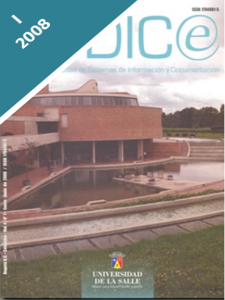Abstract
When a State is able to tend toward guarantee a democratic government, it implies among other reasons, State’s capacity to generate valid and efficient interaction processes with its citizens, its capacity to give an account of its actions, and its capacity to facilitate the community exercise completely its citizenship. Regarding the present conditions of development at worldwide level, the use of technologies of information and communications become a fundamental tool and it requires keeping appropriate information systems with wide and efficient access. This research proposes a comparative analysis between two systems of e-government in Latin America from the proposed methodology with similar investigations made by the European UnionDownloads
Download data is not yet available.



